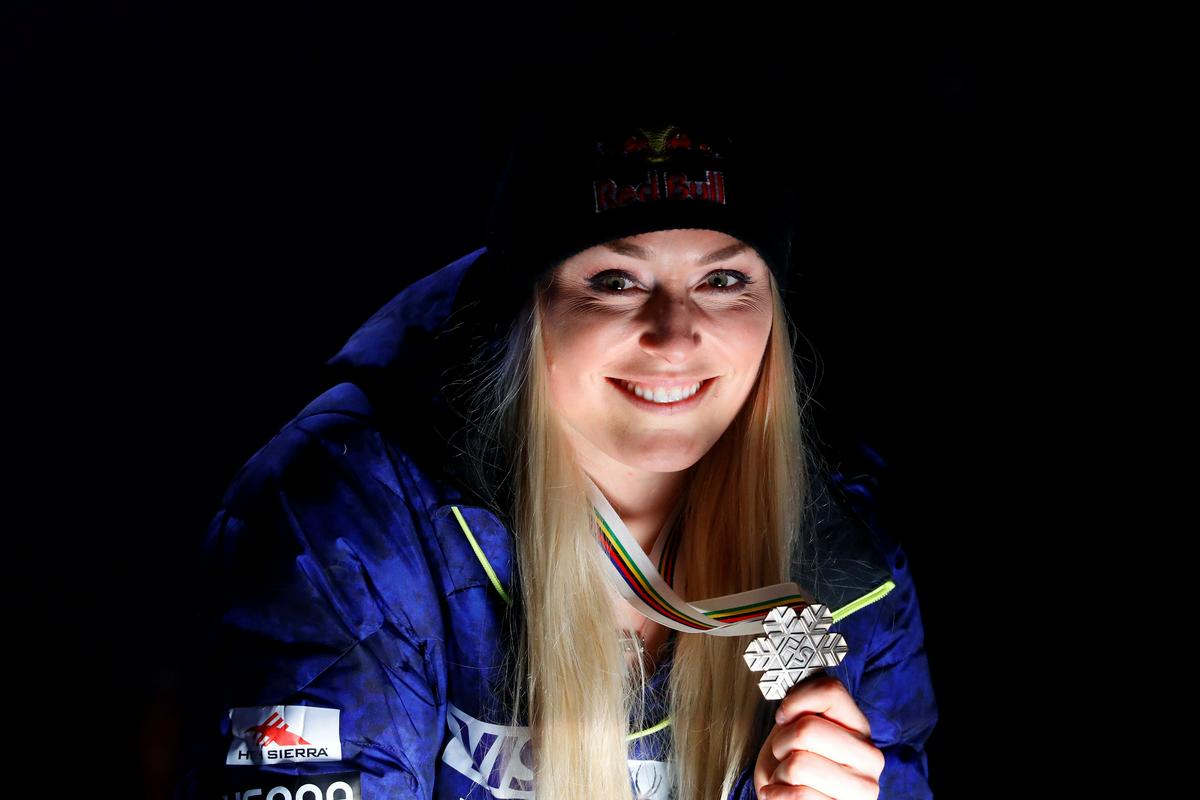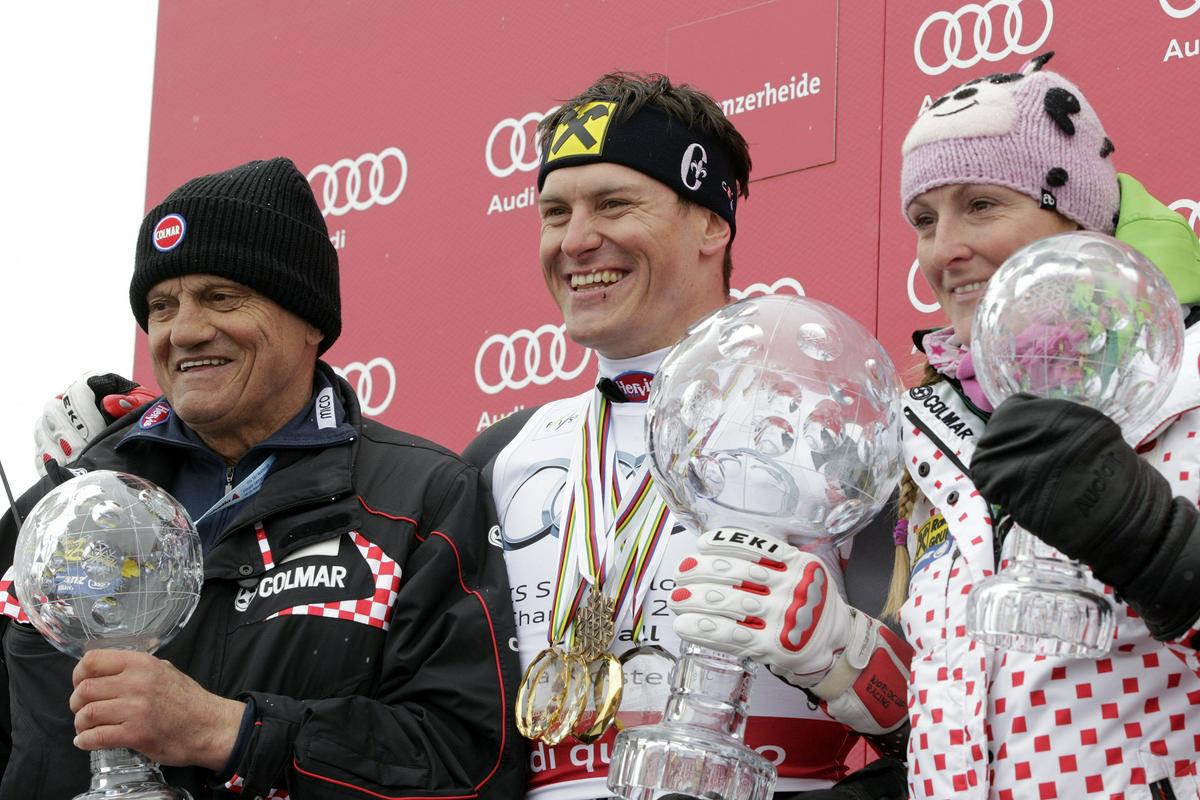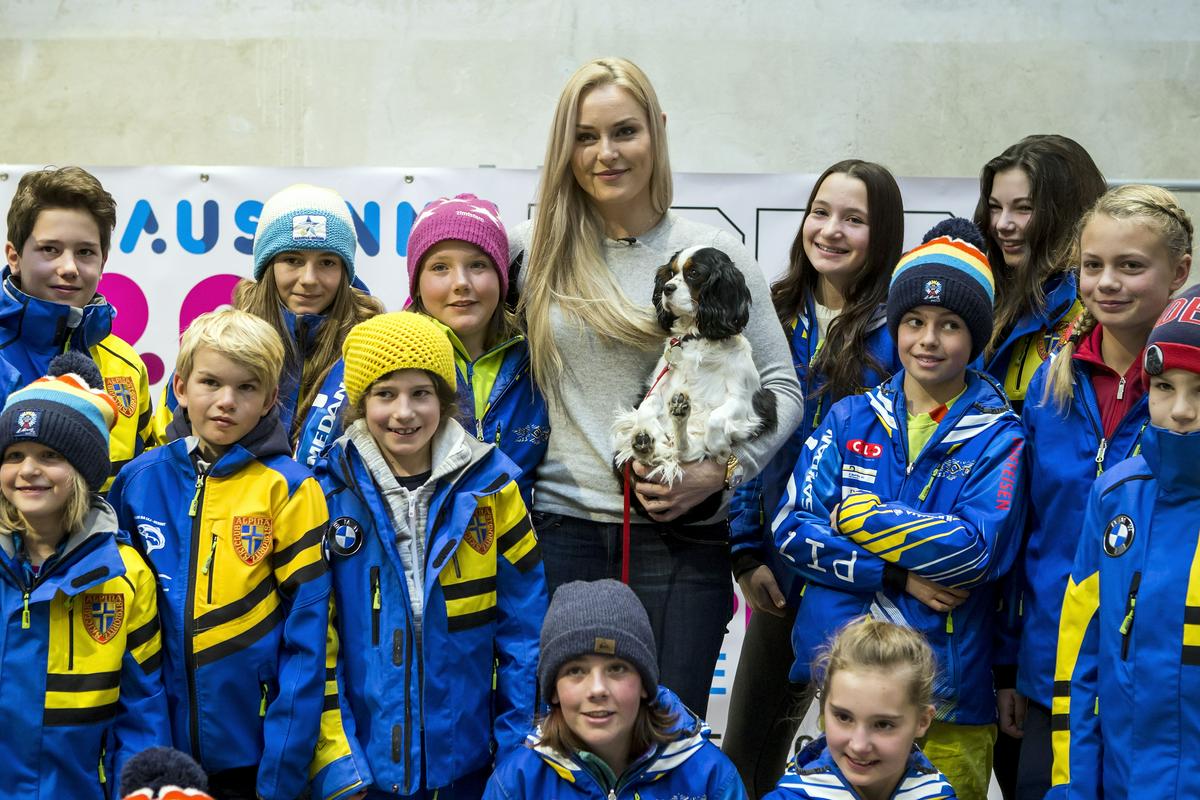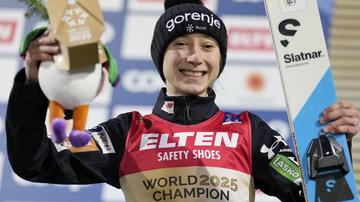
Her record speaks for itself. 82 World Cup wins (a record among women), 20 Crystal Globes (an all-time record) and a number of comebacks. After those long and exhausting rehabilitations, she almost always fulfilled the goals she set for herself on her way back to the top. At the World Championships in Are, after a massive crash in the Super giant slalom, she dusted herself off, and went on to win bronze in the Downhill, which was practically the last race of her career. These are enviable achievements if we solely see Vonn through the prism of her being a fantastic athlete.
Why, then, a tragic hero? Firstly, because of her health issues. In its essence, sport is healthy and does wonders for one's body. But this is not the case for professional sport. Decades of recurring body contortion combined with unnatural movement has a lasting negative effect. That is why so many athletes devote so much of time to health issues after the end of their careers. Lindsey Vonn has a protracted injury history (this list includes only injuries until 2016). Alpine skiing is one of those sports that is taxing on athletes not only during but also after their careers, but it seems that it is by far not the most cruel. Here, it is worthy noting American football and the troublesome issue of brain damage that can fatally effect the quality of life after retirement from professional sport.

Athletes must have an iron will to overcome these injuries and get back on track. Who helped Vonn become so determined? It would be difficult to dismiss her father Alan Kildow, a talented skier, who had to end his career at 18 because of injuries. Her whole family was part of her sports upbringing. After all, her grandfather Don Kildow taught her how to ski. From a young age she was primed into becoming a professional skier, long before those around her knew, if she would manage to successfully compete against the best in her age group and then, the best in the world. The story of her father and his uncompromising training methods is well-known as is, especially for Slovenians, the Croatian family Kostelić with father Ante, who engineered two fantastic skiers, who went on to win many medals and cups, but also succumbed to numerous injuries.
Examples of parents being their children's first coaches are plentiful. Some stay on to train them through their whole career. Transmitting motivation and especially unfulfilled dreams from parents to children is an important part of many success stories, but this can also cause friction. We often hear of great disputes between parent and child, depression (both a part of Lindsey Vonn's career) and other types of adversity that can escalate throughout an athlete's career.

Professional sport is a business. It is also a path to success and fame. At least in theory. For each Lindsey Vonn, there are a thousand athletes that went on a similar path of sacrifice (also in financial terms), but we hear and read only about those who succeed.
An important column of responsibility falls on the media, which (un)acknowledgingly creates cult personalities through amazing stories, that are made to wow as many as possible. We are the co-architects of these gladiatorial arenas. We sell illusions and dreams. That is why we are not afraid of a line of new athletes coming to an end, who will be prepared to sacrifice their bodies for thirty years, risk too much and break all the bones at the next jump, threatening their post-retirement life. This is why we must appreciate those, who consciously lower the risk on hand and do not unnecessarily hunt records and risk their own health.
We as creators of media content must be truthful to ourselves and question the messages we are actually communicating to the public.


































































Komentarji so trenutno privzeto izklopljeni. V nastavitvah si jih lahko omogočite. Za prikaz možnosti nastavitev kliknite na ikono vašega profila v zgornjem desnem kotu zaslona.
Prikaži komentarje